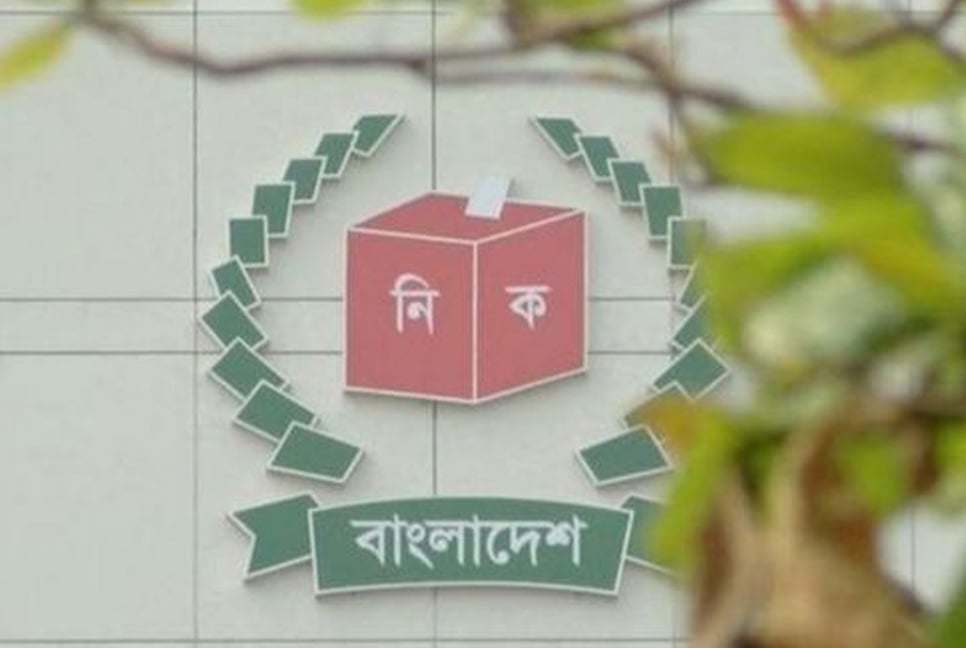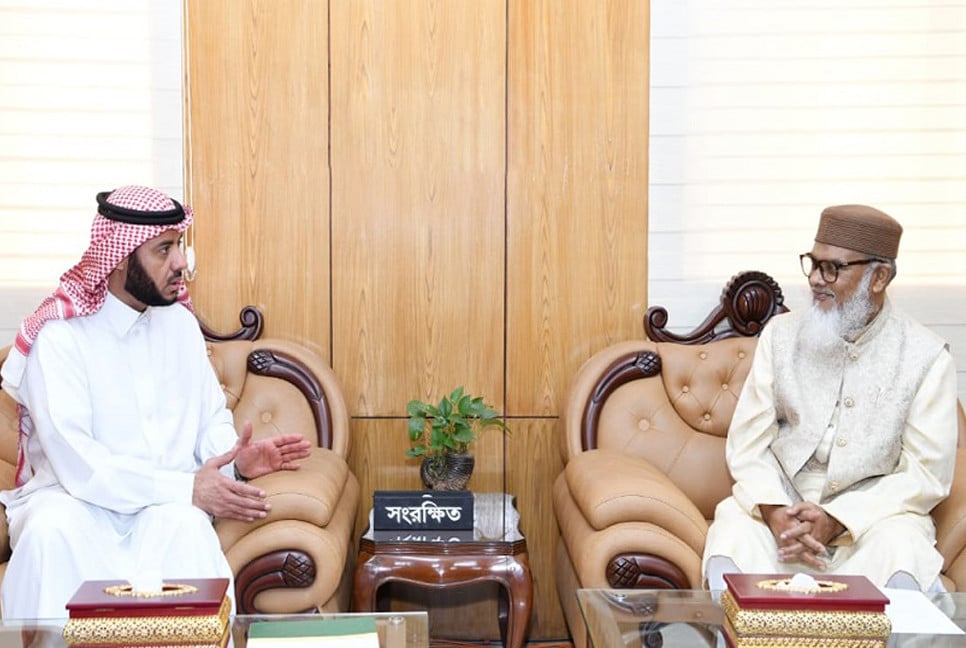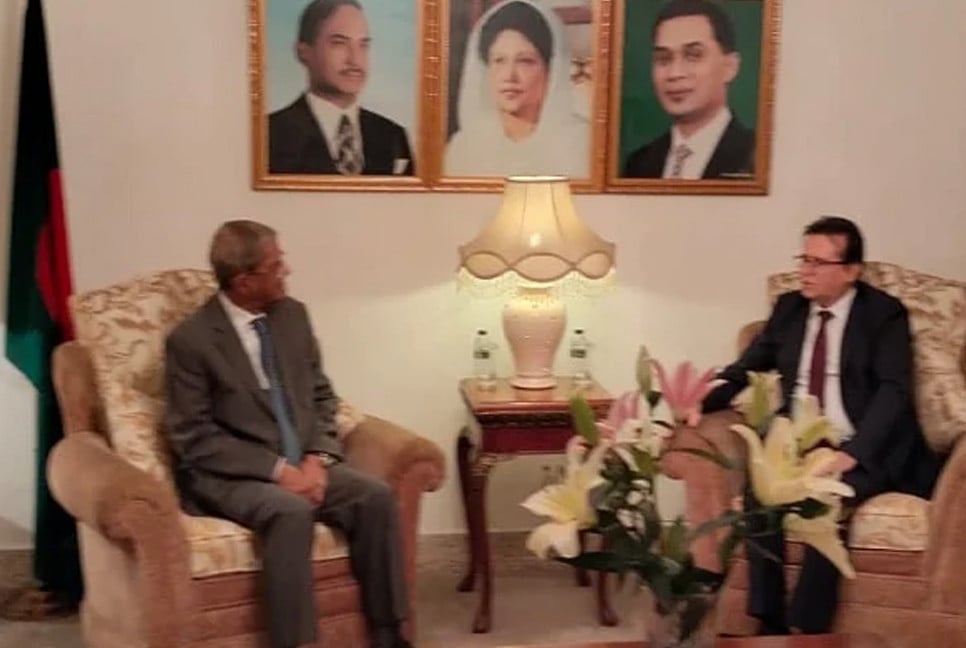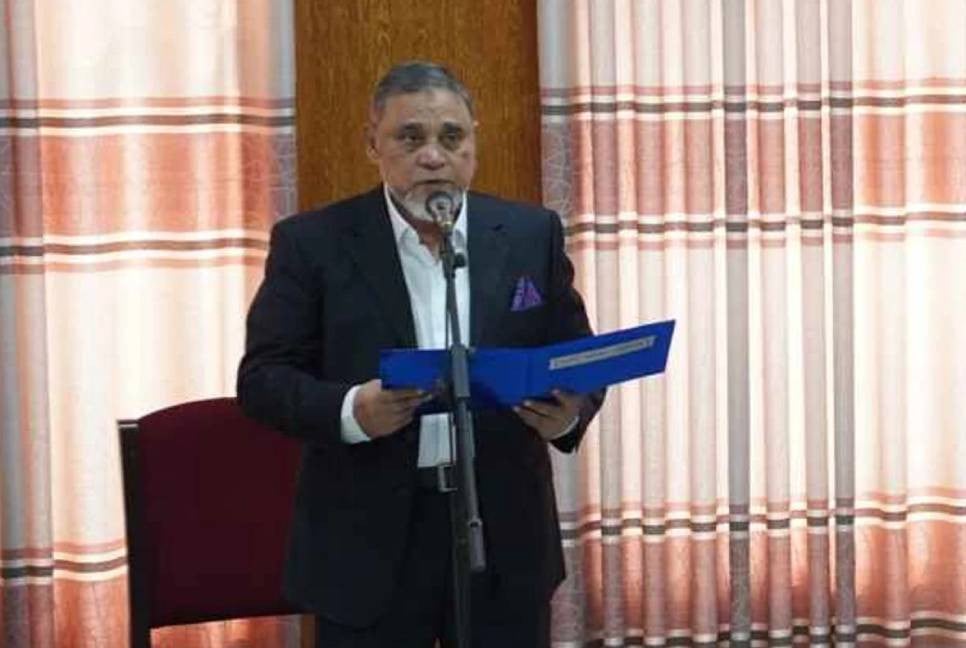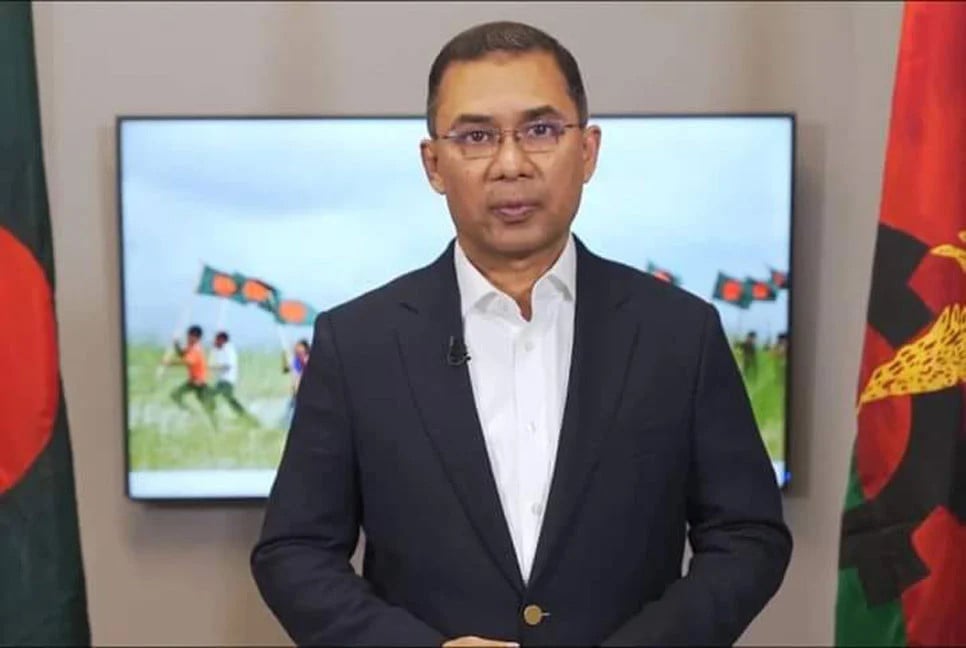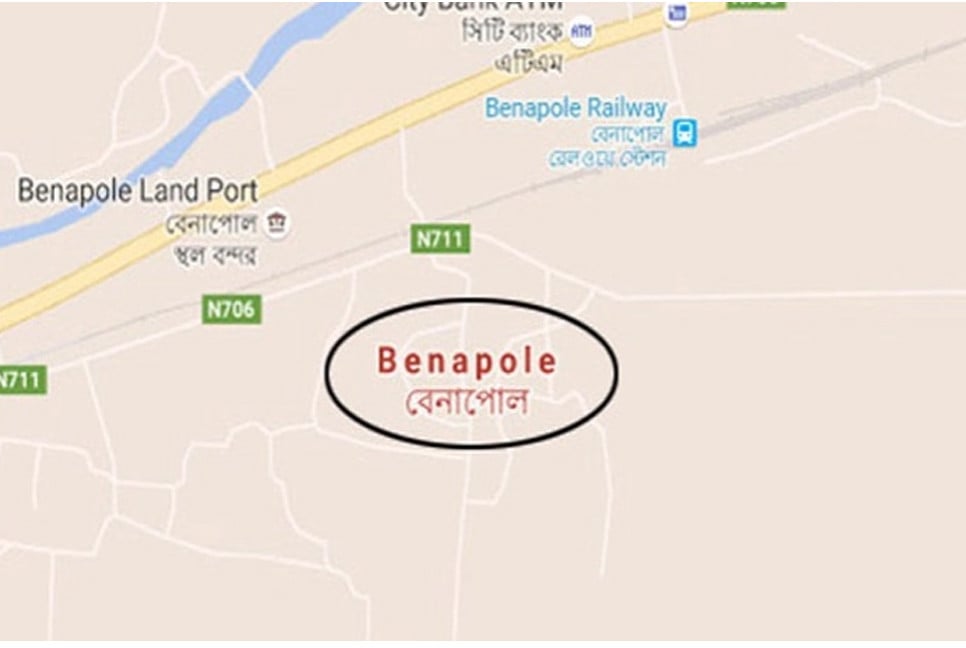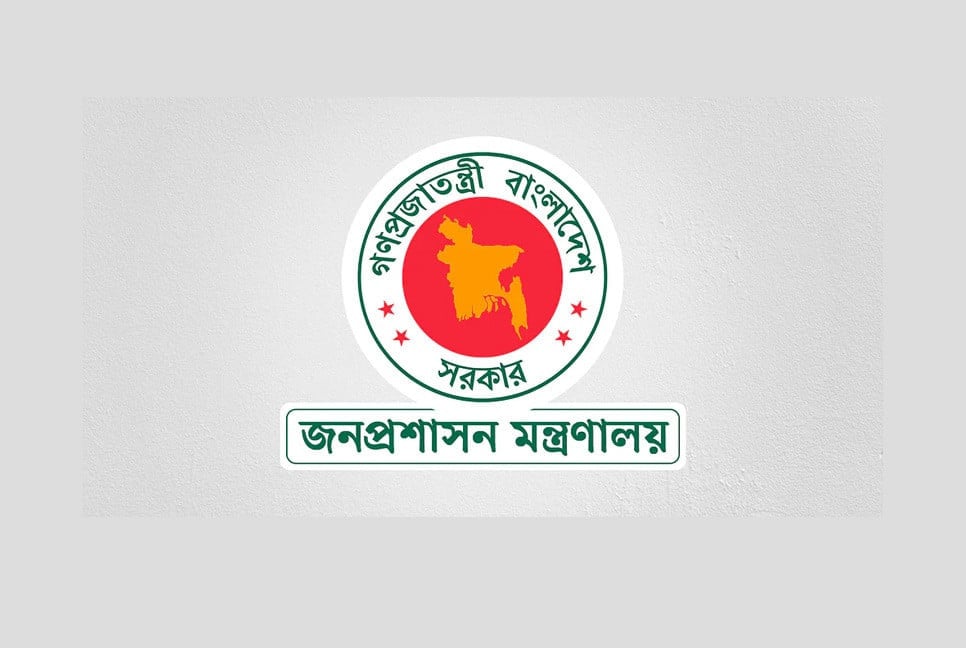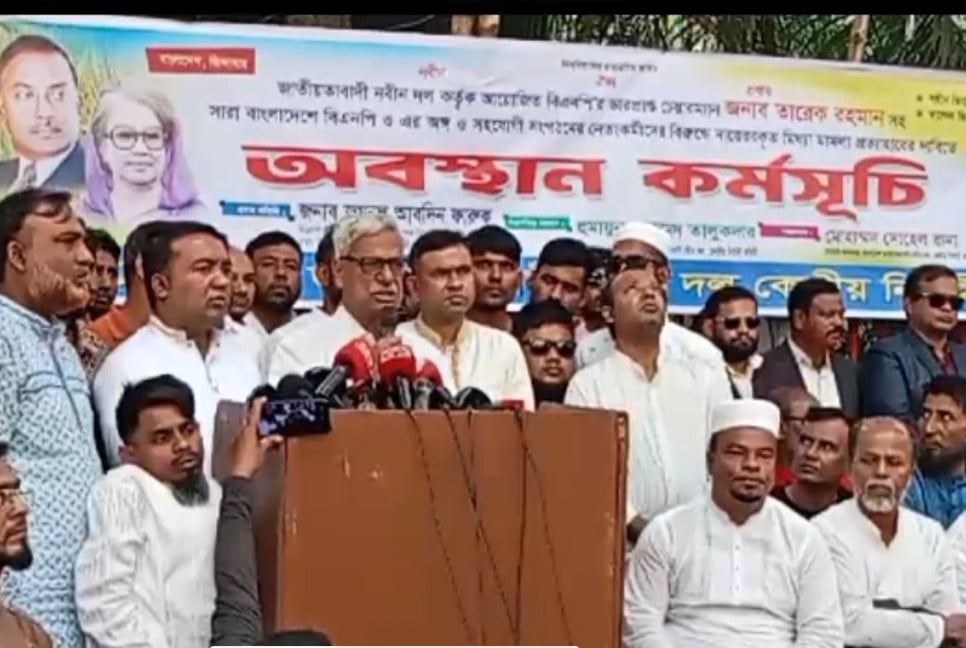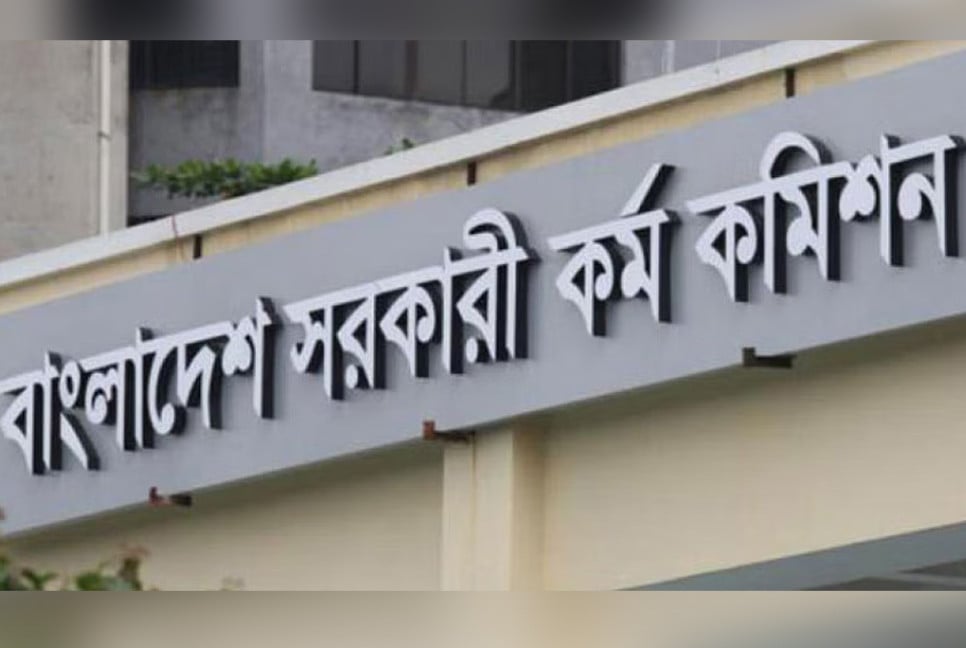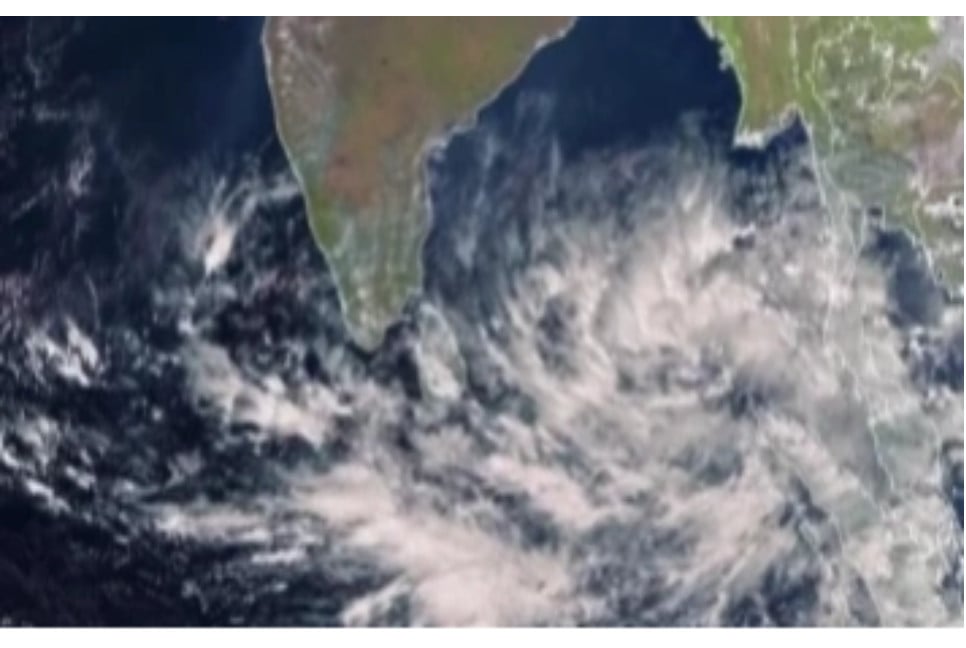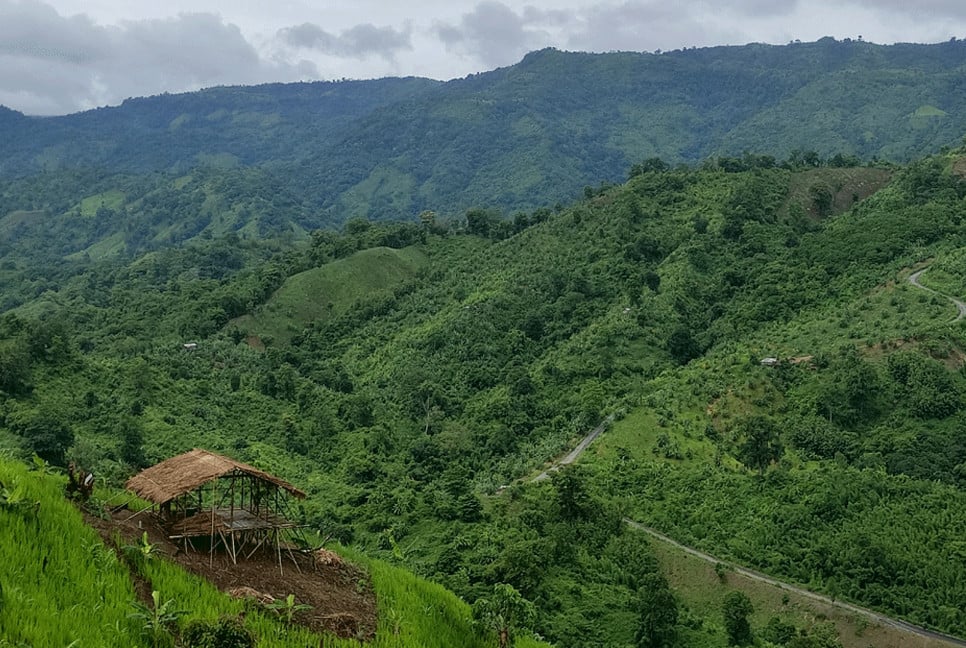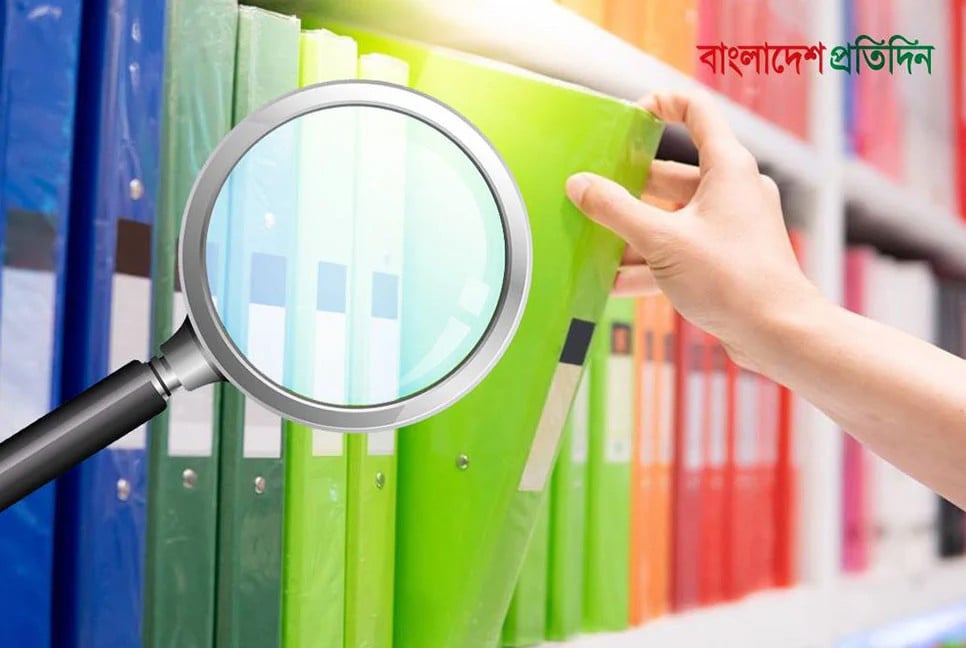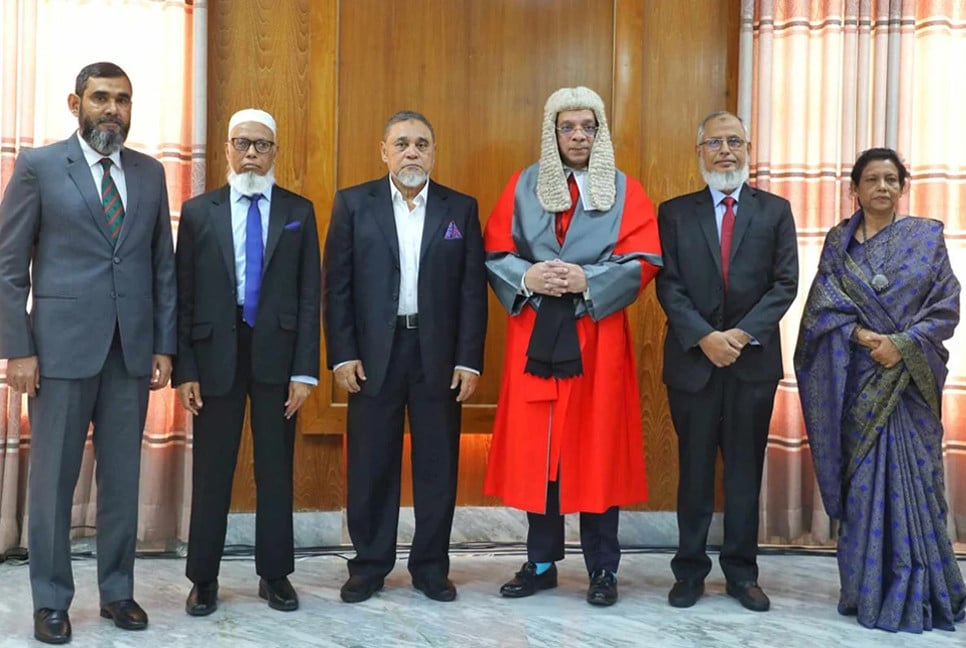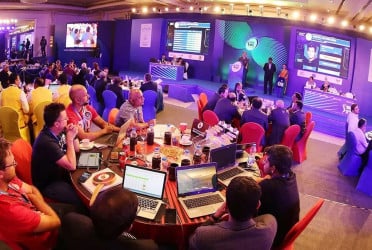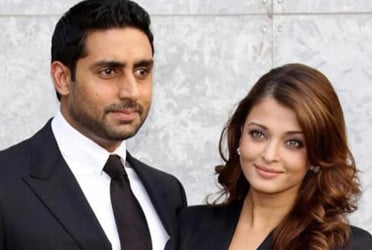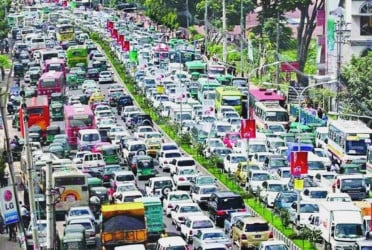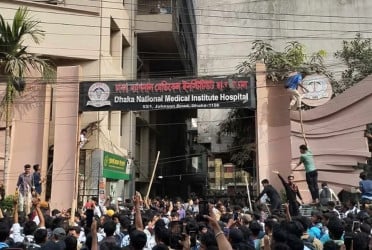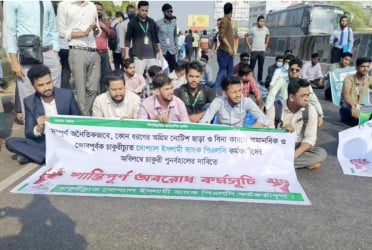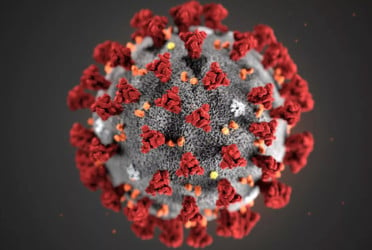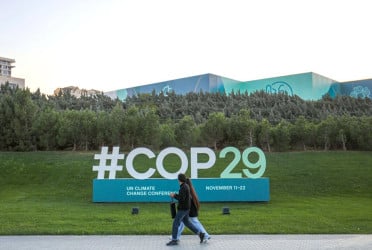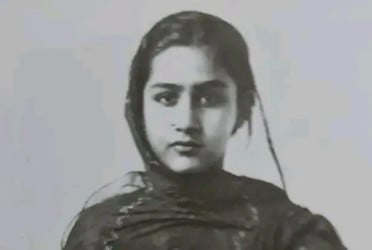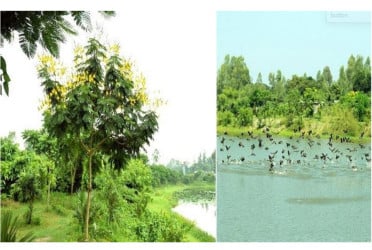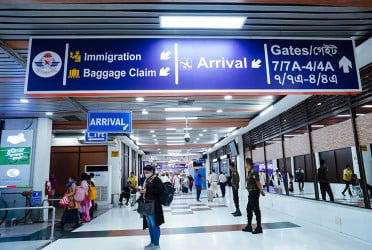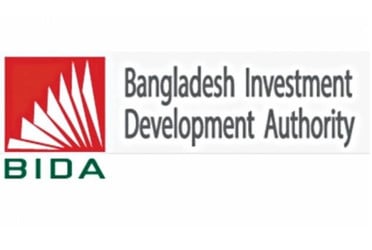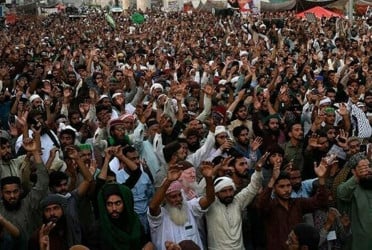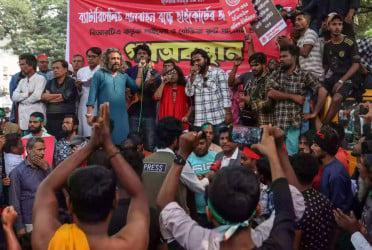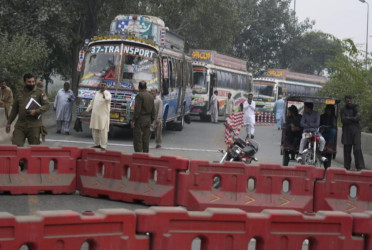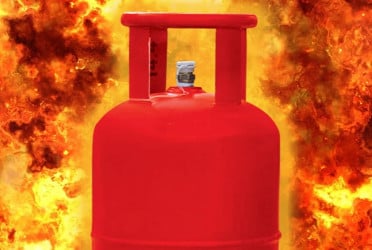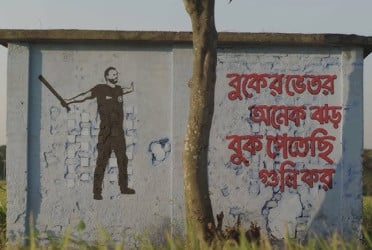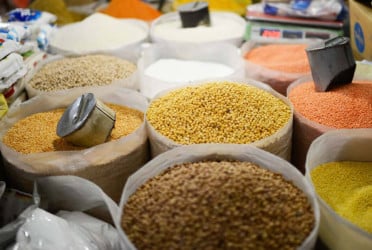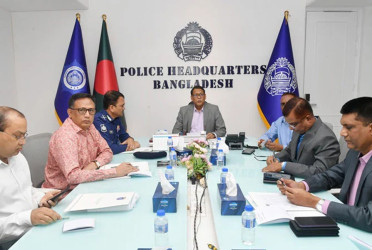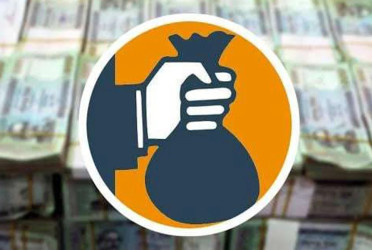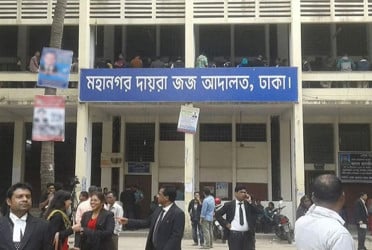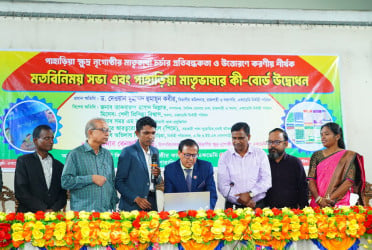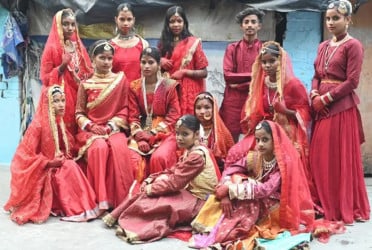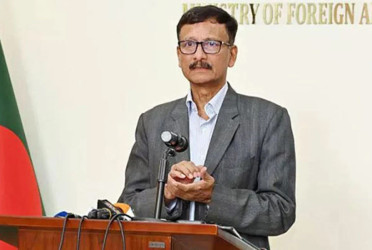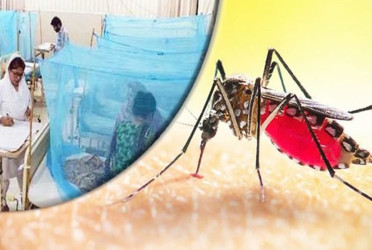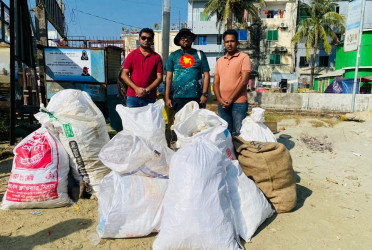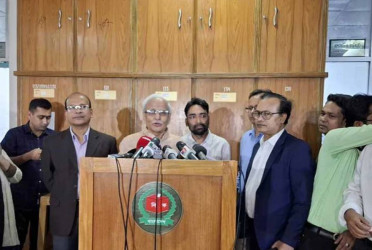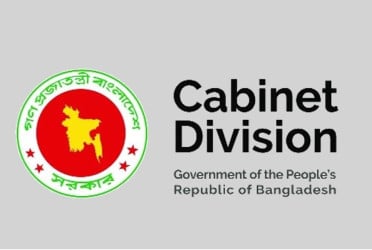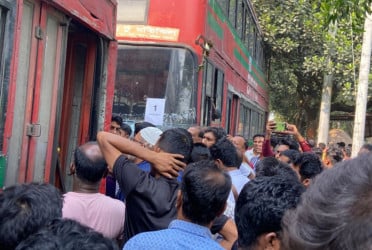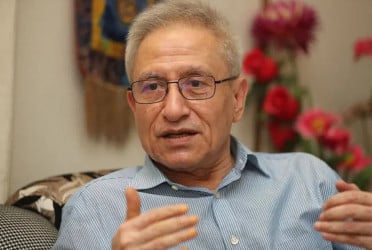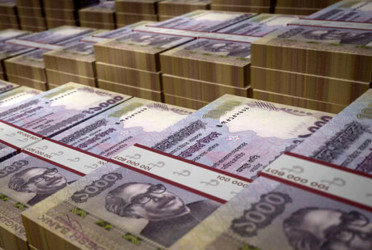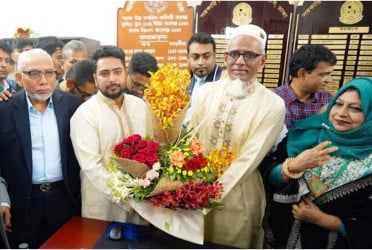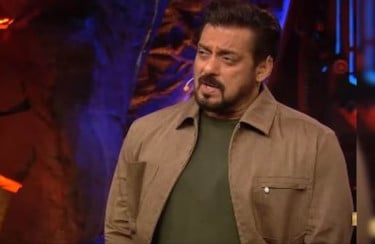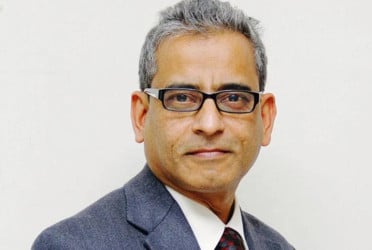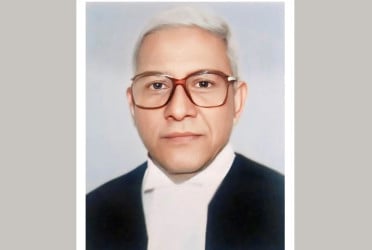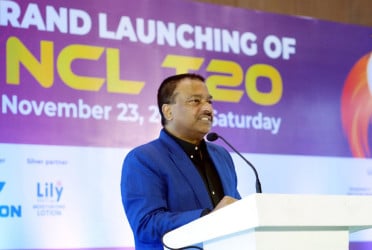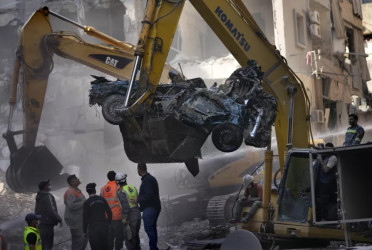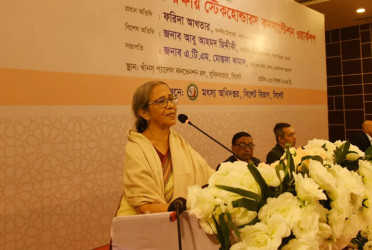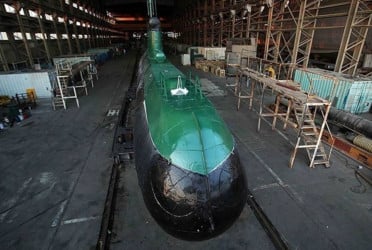Free and fair elections would not be possible unless the government and administration discharge their duties properly, Dr Badiul Alam Majumder, the chief of the Electoral System Reform Commission made this comment while addressing a seminar at CIRDAP.
On Saturday, Reporters Forum for Election and Democracy (RFED) arranged the seminar titled “What Kind of Electoral Reforms Do We Want”. He highlighted the critical role of the Election Commission (EC) in ensuring impartial and transparent elections as mandated by the constitution.
Badiul Alam explained that elections are a long-term process that requires transparency, credibility, and the active participation of all political parties, including the government and administration.
Without their full commitments, he said, free and fair elections cannot be held.
He also stressed that the influence of money and power poses a significant challenge to fair elections and called on political parties to act responsibly.
Badiul Alam urged the media and civil society to serve as watchdogs to ensure electoral integrity. “Political consensus is crucial for conducting credible elections and that reforms are needed within political parties to foster greater responsibility and transparency in the electoral process,” he added.
Speaking at the same event, Nurul Haque Nur, president of Gono Odhikar Parishad, said the ongoing political struggle is solely not about conducting one election but is part of a broader movement over the past decade and a half.
He dismissed the Jatiya Party and the 14-party alliance from such discussions, labeling them as collaborators of the Awami League.
Nur also criticised the arrests and subsequent release of political figures like Saber Hossain Chowdhury and MA Mannan, suggesting that foreign or political pressures should not influence the interim government’s actions.
Attending the seminar, Prothom Alo’s Joint Editor Sohrab Hassan echoed the need for the cooperation of law enforcement, the administration, and political parties to improve the electoral process.
He called for the restoration of the caretaker government system until political parties reach a consensus and trust is established. He also advocated for the repeal of the 15th amendment to the constitution and a return to the caretaker system to ensure fair elections.
Advocate Syed Moazzem Hossain Alal, adviser to the BNP chairperson, stated, “In BNP’s 27-point reform proposal put forward by our acting chairman Tarique Rahman, we have included all political parties. A key point is that no individual should serve as prime minister or president for more than two consecutive terms.”
“There must be a system of justice in place. During elections, courts should refrain from accepting any writs without the opinion of the Election Commission,” he added.
Participating in the seminar, BNP Vice Chairman Asaduzzaman Ripon remarked, “The current interim government is a constitutional government formed under special circumstances. No authoritarian regime has ever held power through a legitimate electoral system.”
Dr Shafiqul Islam Masud, central working committee member of Bangladesh Jamaat-e-Islami and secretary of Jamaat Dhaka City South, said, “We have submitted our state reform proposals to the government, including the introduction of proportional representation in parliamentary elections. Elections under the caretaker government were fair.”
He stated, “The Electronic Voting Machine (EVM) system was designed to mislead the public, and it should be abolished. Government officials should not be allowed to participate in elections, and the local government system should be non-partisan, without favouring any political party. To ensure an inclusive electoral process, elections should be conducted under the oversight of a search committee led by the Chief Justice, as outlined in the constitution.”
Ganosamhati Andolon Chief Coordinator Junaid Saki emphasised, “The Election Reform Commission, alongside other commissions, should present their proposals only after consulting all relevant stakeholders. However, political parties have not yet been informed about how these commissions will function.”
“Considering Bangladesh’s unique political landscape, we need to rethink the election process carefully. Political parties must shift their mindset to guarantee fair elections, making electoral manipulation impossible. An interim government should be formed during elections, under which three to five elections could be conducted,” he suggested.
Bd-Pratidin English/ Afsar Munna

